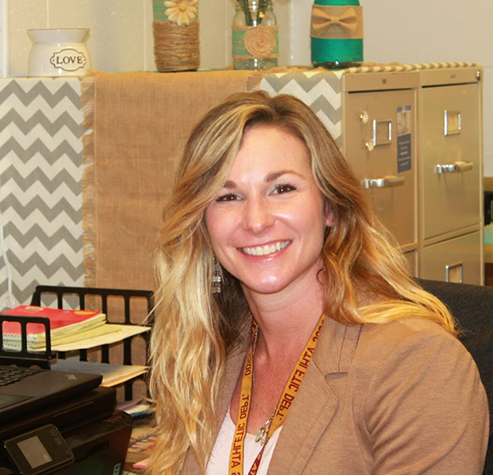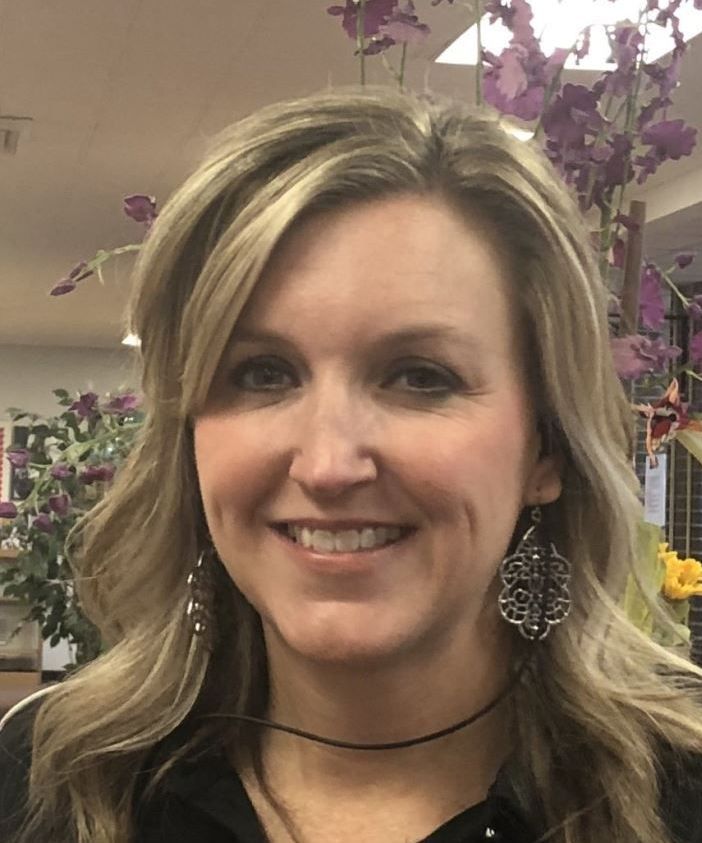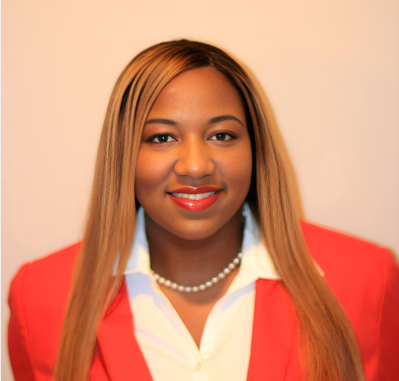Academy Counselors

FRESHMAN ACADEMY

BUSINESS & EDUCATION ACADEMY

TEC ACADEMY

HEALTH SCIENCE ACADEMY

Student Timelines:
-
Freshman Year
Fall
Continue career research. Talk to people you know in many professions and use your ILP information to help you plan a career track.
Continue taking the most challenging courses your school offers and that you can handle. (It is early, don’t rule out college – keep your doors open!)
Stay involved or become involved with extra-curricular activities.
Meet with your guidance counselor to discuss what you can do today to plan for college.
Winter
Explore colleges: What kinds of schools should you be looking for?
Find volunteer activities that are good for you and good for the world.
Set yourself up for college success with a sophomore class schedule that emphasizes college.
Spring
As your peers are losing momentum, refocus your study habits and finish the year off right.
Begin to research colleges (four year universities, two year junior colleges or community colleges, technical schools)
Build your college credentials by planning fun ways to get involved this summer.
-
Sophomore Year
Fall
Continue career research. Talk to people you know in many professions and use your ILP information to help you plan a career track.
Continue taking the most challenging courses your school offers and that you can handle. (It is early, don’t rule out college – keep your doors open!)
Stay involved or become involved with extra-curricular activities.
Take the PLAN (practice ACT).
Winter
Schedule demanding classes for your junior year. If you have not taken a foreign language, make sure you request one for your junior schedule.
Spring
If you have better than a 3.0 GPA, register for the June ACT if you are interested in the Governor’s Scholars Program.
Begin to research colleges (four year universities, two year junior colleges or community colleges, technical schools)
-
Junior Year
Fall
Take the most challenging courses you can manage. It could make all the difference in selective college admissions.
If you have better than a 3.0 grade point average, register and take the October ACT to get early qualification for the Governor’s Scholars Program.
Become more involved in clubs and community service and seek out leadership roles.
Begin getting serious and researching prospective colleges and scholarship opportunities ( www.collegeboard.com is a great place to start!).
Attend college fairs.
Winter
Continue to research colleges – determine who offers what you are interested in.
Prepare for the March ACT (offered here at school) and the June test.
Schedule demanding classes for your senior year (colleges look at the classes you take your senior year!!)
Spring
Check academic requirements for several colleges.
Athletes should register with the NCAA Eligibility Center (The Clearinghouse). Make an appointment with your counselor for this.
Summer
Begin to narrow college choices to 3-5.
Begin looking at college applications so that in the fall you are prepared.
Double check schedule at registration for demanding college prep classes.
-
Senior Year
September/October
Narrow college choices to 3-5.
Make a list of application requirements and deadlines for each school. (Be aware of schools with early deadlines!)
Ask teachers and advisors for letters of recommendation.
Work on application essays.
Determine total application costs.
Take ACT or register for later test (December).
Begin to watch Senior Newsletter for any scholarship opportunities.
Attend college fairs and ask questions!!
November/December
Make college visits.
Continue working on applications and have teachers review your essays.
Return applications to Counseling office with application fees, letters of recommendations (if needed), essay (if needed) and your counselor will attach an official transcript.
Check with prospective college about financial aid and scholarships.
You and your parents/guardians need to log on the Free Application for Federal Students Aid (FAFSA) website at www.fafsa.ed.gov and both of you need to get a PIN number.
January/February
Ask your parents/guardians to gather all financial information needed to complete the FAFSA application. Remind your parents to file taxes early this year! You will need either their returns of the W-2’s from THEIR employer.
Look for Student Air Report (SAR) to arrive four weeks after you file your FAFSA. This will include your Expected Family Contribution (EFC).
If you have not done so – APPLY!!!!
March/April
If you have not done an early admission process, you should start receiving responses from colleges regarding admission and financial packages.
Begin comparing colleges you have been admitted.
Make final college visits.
Make final decision and let all colleges know.
May/June
Make sure your college of choice has all the paperwork needed for classes as well as housing and food plans.
Make sure your Counselor knows your final decision so she can mail your final transcript after graduation.
Set up a college budget with your parents.

Doss High School
7601 St Andrews Church Rd.
Louisville, KY 40214
Phone:
502-485-8239

All Rights Reserved | CampusContact